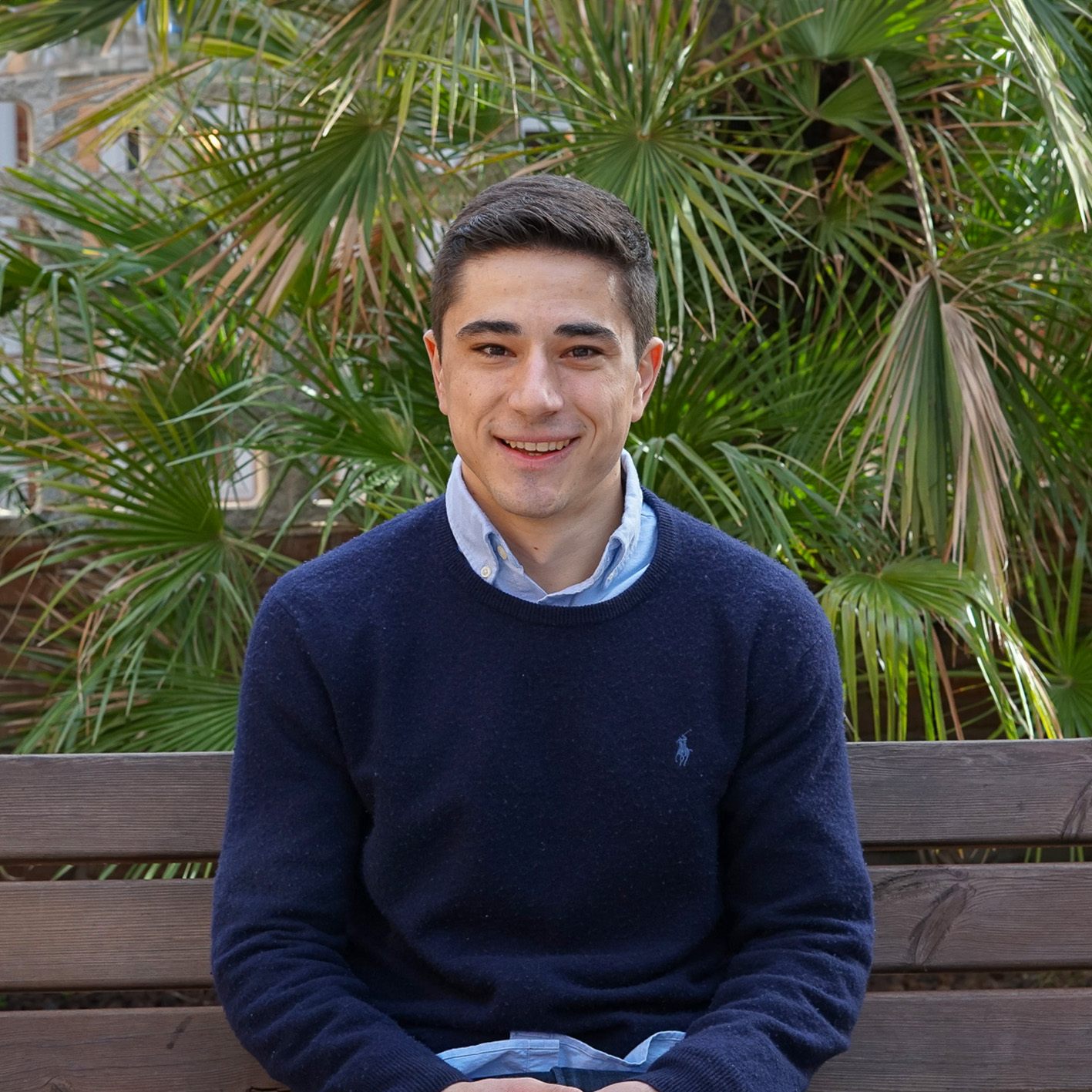Could you briefly describe the master’s degree?
The master’s degree constitutes the ideal bridge between the degree and the world of work. It is an excellent opportunity to learn about the chemical industry first-hand, through visits to companies such as Covestro or Tepsa, talks with professionals in the sector, or the development of projects with companies of high reputation, such as Repsol or BASF. In short, it represents a clear step forward in the acquisition of new technical knowledge applied to the professional world, and the improvement of essential skills such as communication, time management and the ability to work as a team.
What would you highlight about the program or what did you like the most?
What stands out most about the master’s degree is its ability to bring the student closer to the chemical industry and, especially, being able to do a project throughout the year for a very prestigious company. Likewise, the possibility of talking and listening to engineers from multiple sectors gives the student the opportunity to learn up close how the chemical industry works, what its new challenges are and how the sector intends to face them.
What would you recommend to future students?
I would recommend to future students that they try to learn as much as possible, that they listen to both teachers and professionals, and that they take advantage of all this information to look for what they like most or what motivates them.
The master’s degree is academically demanding, so I would also advise you to try to keep your subjects and projects up to date, learning to manage time and resources. All this work acquired will be very useful when they enter the job market.
Have you done internships? Could you tell me about them?
I have had the opportunity to do internships in a company. They have allowed me to know my interests and, therefore, begin to define the fields of work in which I would like to dedicate myself. It also allows you to improve your time management skills and your soft skills, which are more valued every day. Likewise, in my company internships I have been lucky enough to speak and meet senior representatives (managers, CEOs, among others), whose experiences are very enriching and their advice is very valuable. An unforgettable experience!
You are currently finishing your master’s thesis, can you tell us a little about it?
Fortunately, I have found a topic related to process simulation, which is what I have enjoyed the most in both the degree and the master’s degree. By developing a model of a renewable diesel hydrotreating reactor for a real plant, I am putting into practice a lot of the theoretical and practical knowledge that IQS has given me. At the same time, it is allowing me to confirm my interest in process engineering and which are those fields of the chemical industry in which I consider I can add value in the future.










